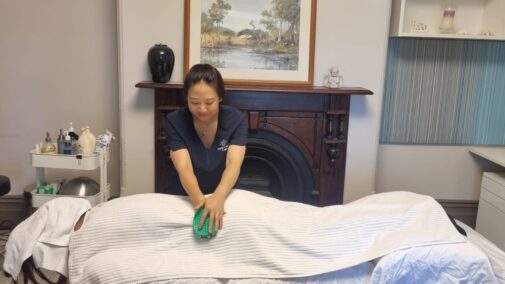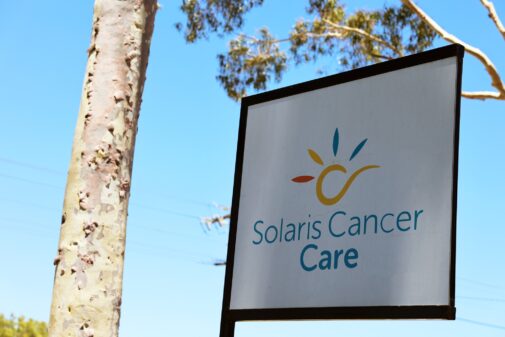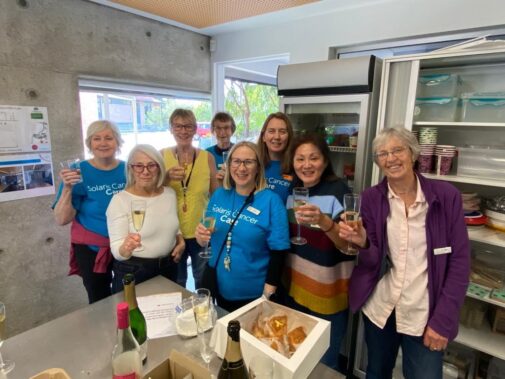Western Australian cancer support provider Solaris Cancer Care is giving thanks to its volunteers during National Volunteer Week.
“The theme for this year, making a world of difference, speaks volumes to the contributions Solaris Cancer Care volunteers make to the lives of cancer patients and their carers in WA,” Solaris Cancer Care CEO David Edwards said.
The non-profit currently receives no ongoing government funding, relying on the generosity of donations from the WA community, coupled with in-kind support from 350 volunteers, believed to be one of the largest volunteer bases in the state.
In 2018, Solaris Cancer Care provided more than 25,000 treatments, valued at over $1.75million.
“Each of our volunteers plays a vital role in helping patients during a difficult time in their life,” Mr Edwards said. “From the meet and greet team to the therapist who provide free massage and reflexology treatments, they are all part of the unique tapestry of Solaris, and we stop to thank them all. The thing that makes our volunteers so interesting is they have chosen Solaris for different reasons. Some are prior-patients, while others were drawn to the cause after hearing about Solaris from friends. We even have health service students join our volunteer ranks in orders to improve their soft skills before graduating.”
Volunteering Australia’s State of Volunteering in Australia report found 93 per cent of volunteers see positive outcomes as a direct result of their voluntary participation.
Budget concerns are Solaris Cancer Care are putting pressure on the organisation to limit operating hours at its regional centres in Bunbury and Albany, meaning volunteers could be lost, taking training, skills and capacity with them.
To prevent this, Solaris Cancer Care is calling on generous Western Australians who have been touched by cancer as it raises funds and awareness during its May we Thrive campaign.
For more information and to make a one-off tax-deducatable donations, visit www.solaristhrive.com.au
Media and images published by The West Australian, published 20 May 2019



